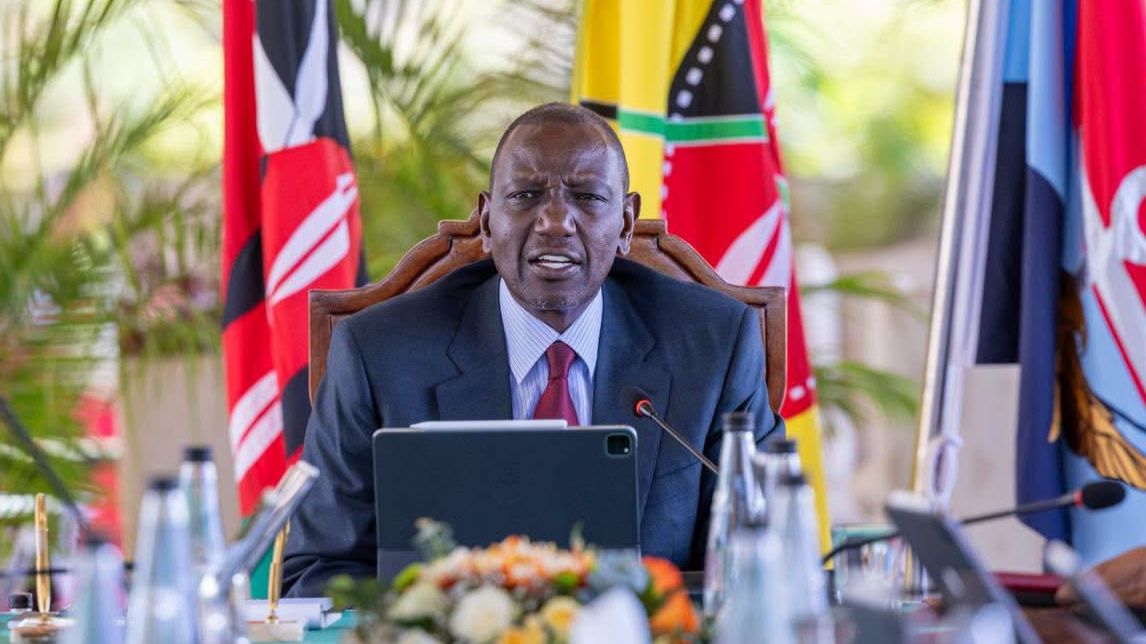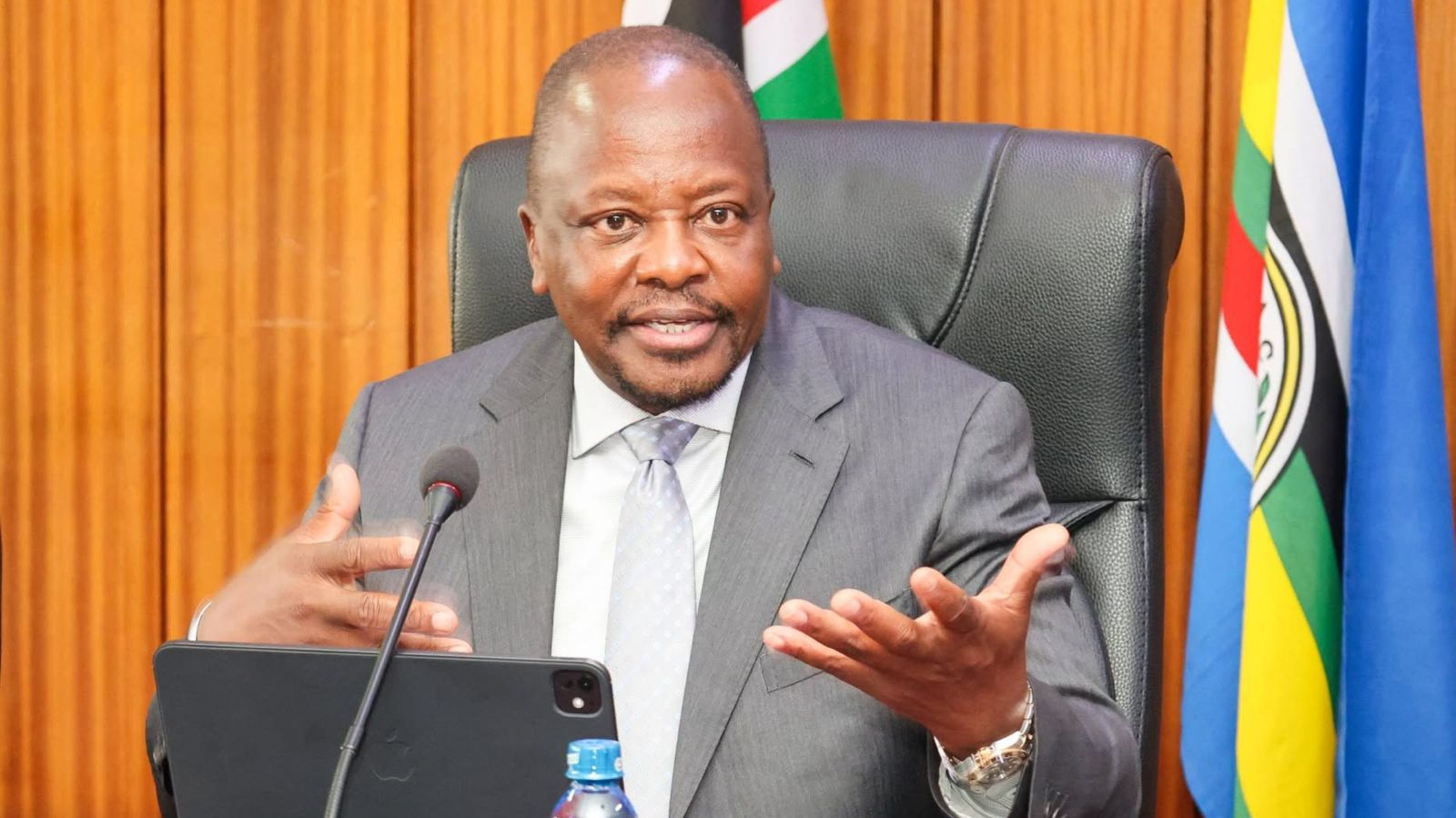The Independent Electoral and Boundaries Commission (IEBC) has disclosed that the upcoming November 27 by-elections will cost the taxpayer approximately Ksh700 million.
Speaking in an interview on Thursday, November 20, IEBC Commissioner Ann Nderitu said the by-elections require intensive planning, specialised transport arrangements, and the deployment of hundreds of officials to ensure the electoral process runs smoothly.
She highlighted the primary factors contributing to the steep budget, noting that staffing, materials, and transport consume the largest share of electoral spending.
"The biggest cost drivers are electoral officials, the procurement of materials, and the logistics involved in transporting everything to polling stations. These elements carry the heaviest burden," she said.
Nderitu went on to explain that the geographical challenges in some regions make the process even more costly, forcing the commission to adjust its operations depending on distance, and security considerations.
Read More
"For instance, in Baringo County, we must carefully deploy vehicles to transport materials and personnel. In some far-flung locations, such as Banisa in Wajir and parts of Turkana, we even use flights to ensure that ballot papers arrive safely. This is necessary to prevent delays and guarantee security," she added.

Speaking during the same interview, Nderitu revealed that only 140,000 new voters have been registered by the commission.
Speaking on Thursday, November 20, she said the number of new voters remains far below the IEBC’s target of 6.8 million.
The IEBC commissioner attributed the low number of new voters to a last-minute culture among Kenyans.
"We are at around 140,000. We are still not doing very well, given that we aim to achieve 6.8 million new voters. I don’t think it is the information that is not out there. There is a bad Kenyan culture of waiting until the last minute, you still think there is time, and because it is a continuous voter registration, you just wait," she stated.
Nderitu also noted that some constituencies are vast and people have to travel long distances to the IEBC offices to register.
She said the commission will move the registration exercise to the grassroots after the November 27 by-election.
"In some areas, we understand we have to relink to the grassroots, which we shall be doing after the by-election, to reach where the people are. Some constituencies are vast. Currently, we are only registering at the constituency offices," she added.
Meanwhile, IEBC has received the first batch of ballot papers and statutory forms for the November 27 by-elections.
In a statement on Wednesday morning the commission said the consignment was received by IEBC Chairperson Erastus Ethekon.
IEBC noted that the second batch, comprising 29 pallets, will arrive in the country on Thursday, November 20, at 7:30 PM.
"The Commission, led by Chairperson Erastus Ethekon, has this evening received the first batch of 10 pallets containing ballot papers and statutory forms for the upcoming 27th November 2025 by-elections. The final batch of 29 pallets will be arriving tomorrow evening at 1930hrs," IEBC stated.
The electoral body mentioned that the ballot papers were printed at Inform Lykos (Hellas) SA in Greece, at a cost of Ksh27 million.
The IEBC also announced that the distribution of ballot papers will begin on Friday, November 21, 2025.
In areas such as Banisa and Mandera, the papers will be airlifted due to security concerns.
"Dispatch of the materials, including ballot papers, will begin on Friday, 21st November 2025. Ballot papers to far-flung areas, including Banisa and Mandera, will be airlifted due to security reasons and distance," IEBC stated.
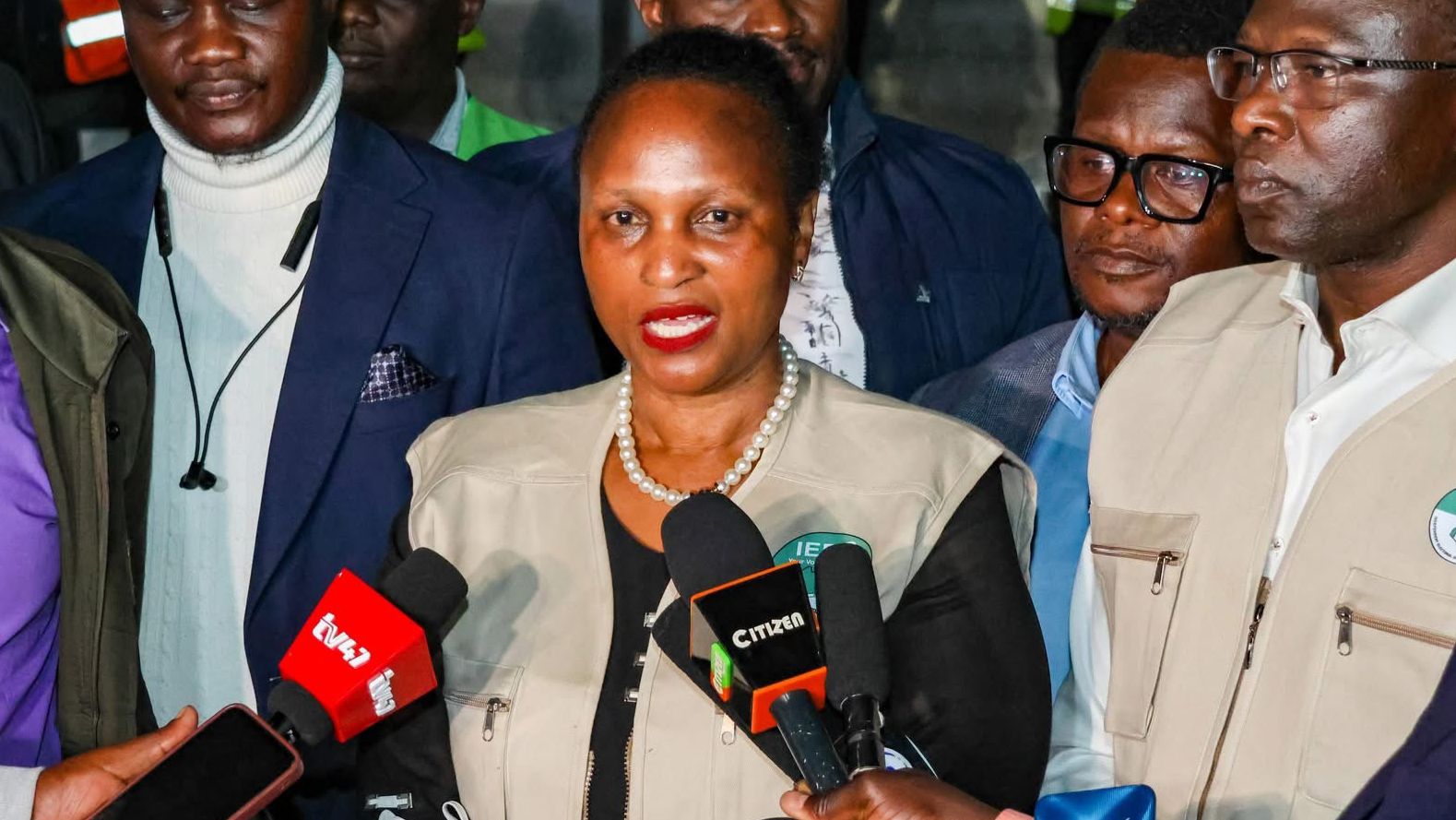
-1771391252.png)
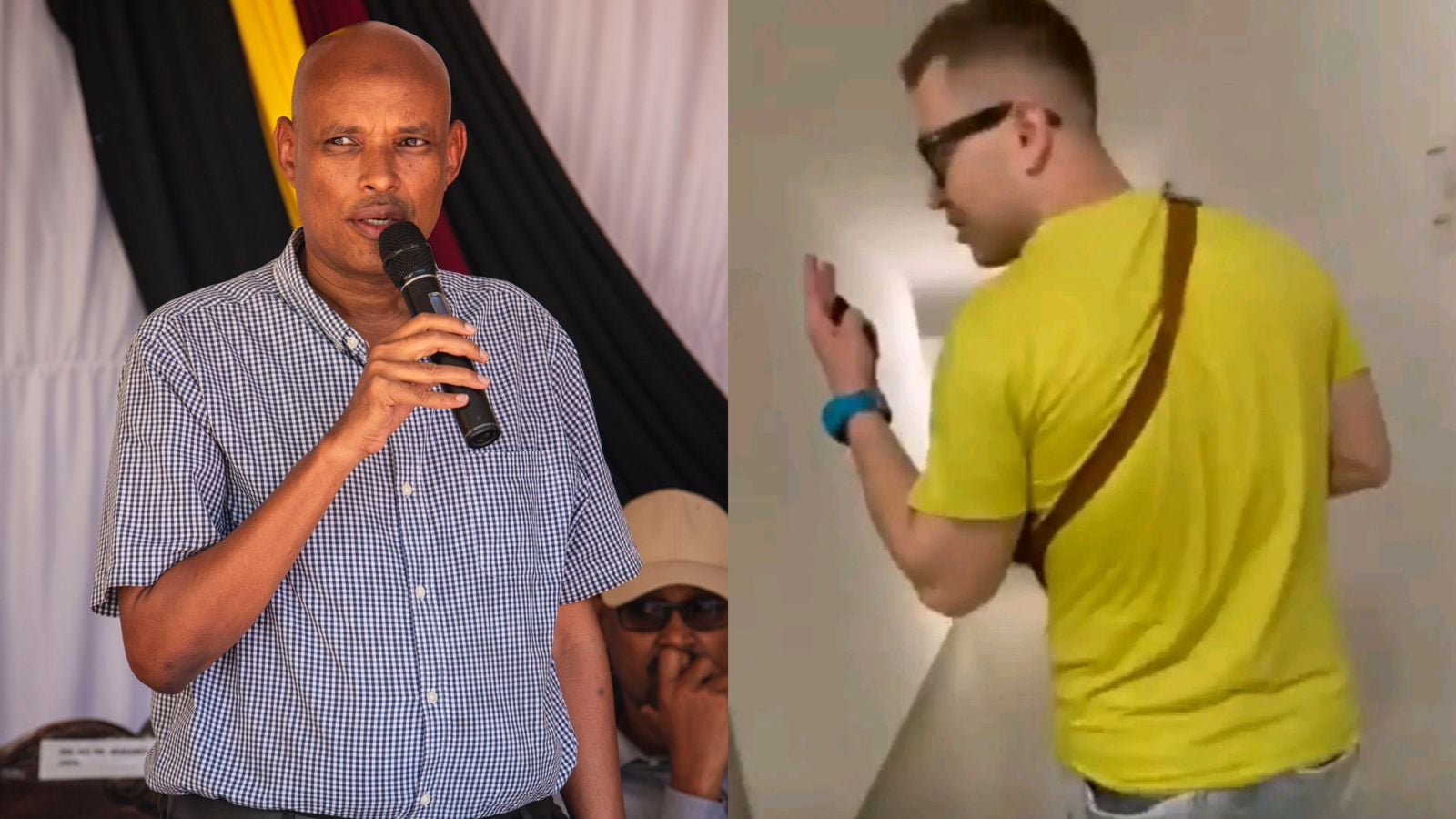
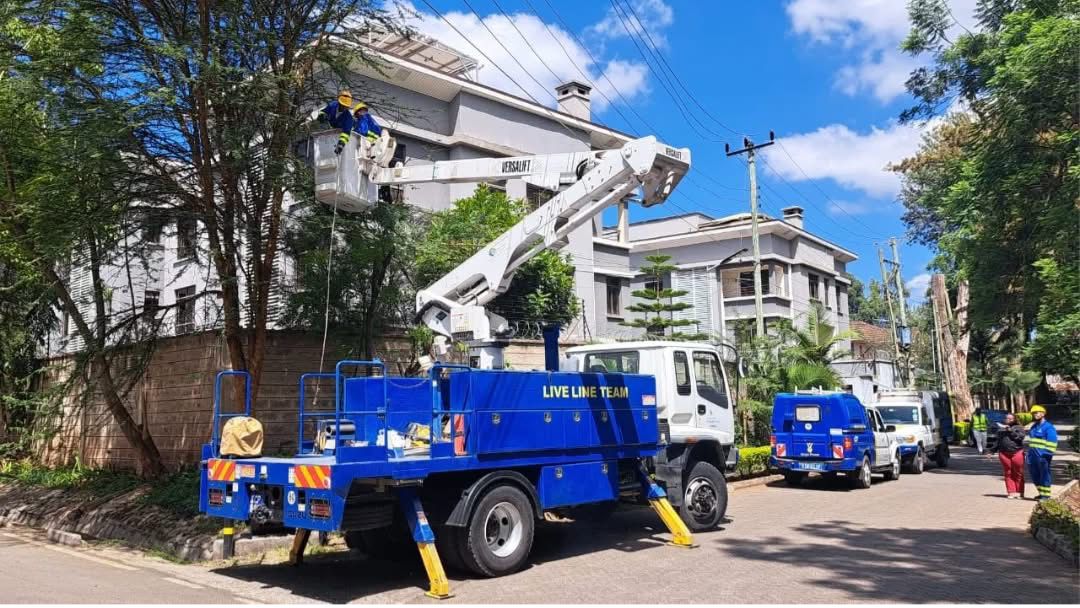
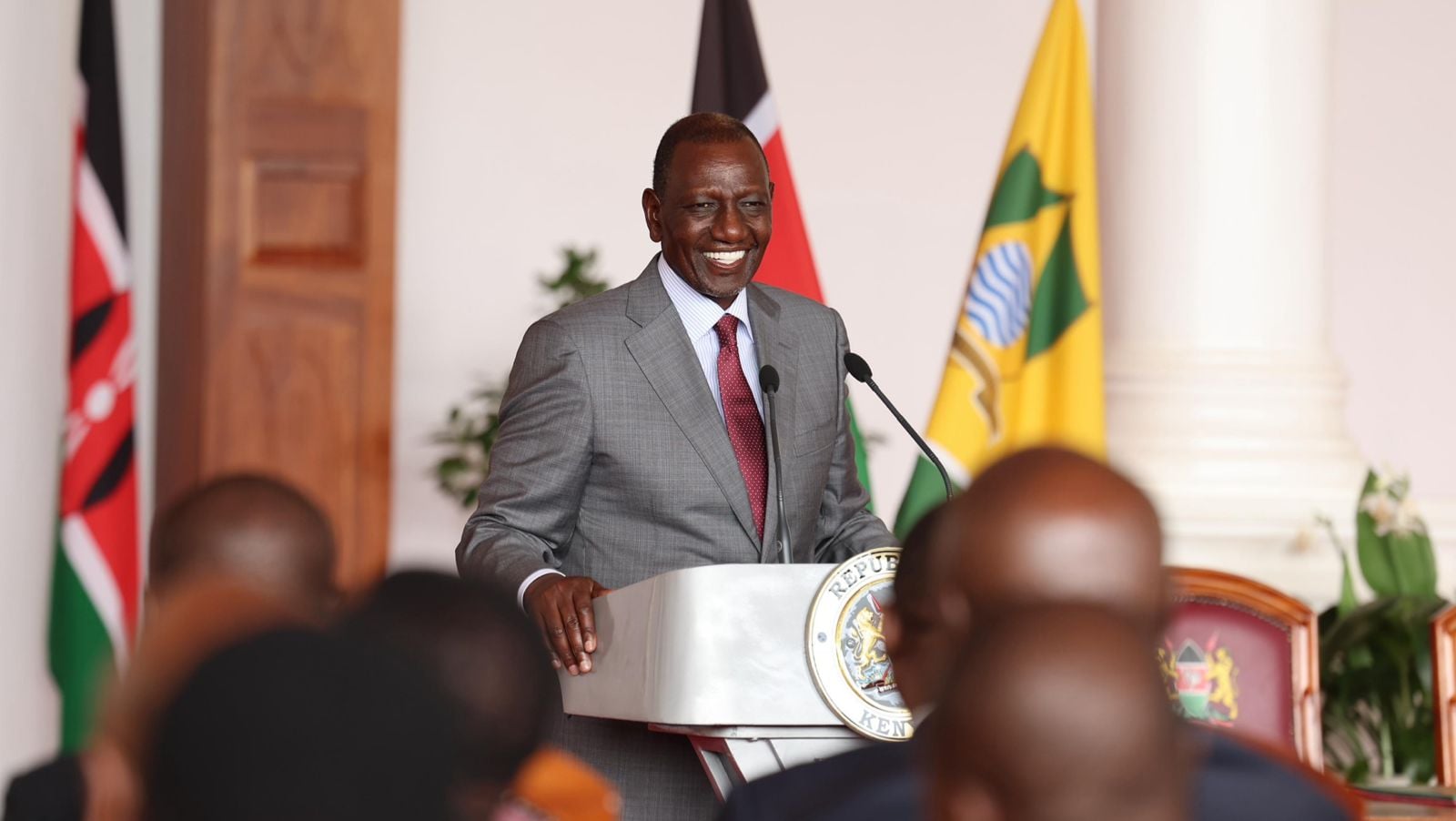
-1770784420.png)
